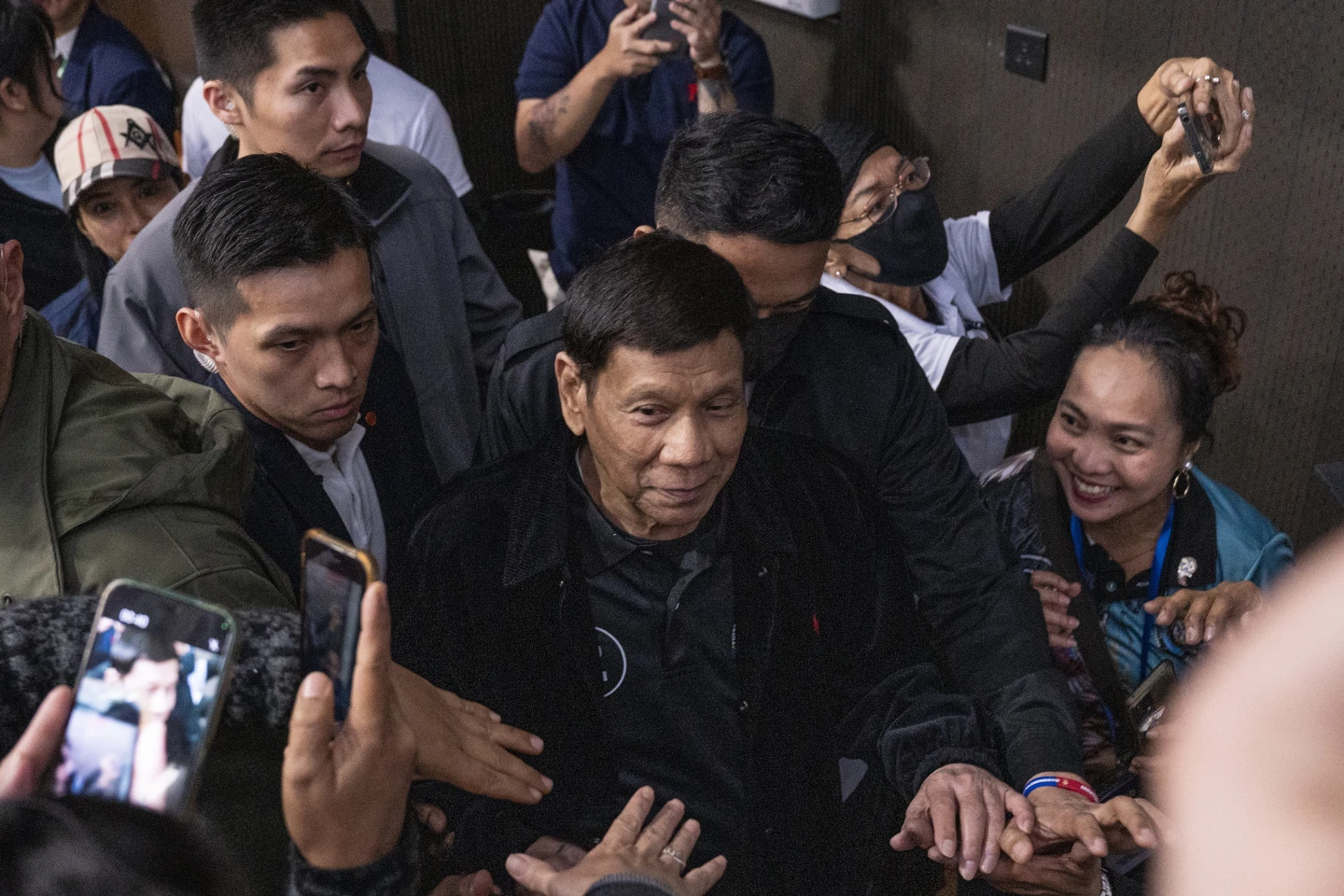Address
304 North Cardinal St.
Dorchester Center, MA 02124
Work Hours
Monday to Friday: 7AM - 7PM
Weekend: 10AM - 5PM


The International Criminal Court (ICC) has once again put the spotlight on former Philippine President Rodrigo Duterte, issuing a warrant for his arrest over allegations tied to his controversial war on drugs. This move has sparked international debate about justice, accountability, and the limits of global law enforcement.
The issuance of an ICC warrant raises critical questions about the Philippines’ legal system and its ability to prosecute former officials accused of human rights violations. While some believe this is a step towards justice, others argue it is an infringement on national sovereignty.
In a bold statement, Duterte has declared that he is willing to face arrest, standing firm on his belief that his administration’s anti-drug campaign was necessary. He has also reiterated that the ICC has no jurisdiction over the Philippines, given the country’s withdrawal from the court in 2019.
Duterte’s supporters claim the ICC is being used as a political weapon, arguing that his administration significantly reduced crime and improved public safety. On the other hand, human rights groups and international organizations insist that thousands of extrajudicial killings must be investigated, and justice must be served.
Current government officials have expressed resistance to cooperating with the ICC, maintaining that legal proceedings should be handled domestically. Some lawmakers have even suggested legislation to prevent the extradition of Duterte, citing national security and sovereignty concerns.
If the Philippine government refuses to comply with the ICC, it could strain relations with international allies and organizations that support the court’s mandate. This may impact trade agreements, foreign aid, and the country’s global reputation.
Should international law enforcement agencies move to detain Duterte, the process of extradition could become a lengthy legal battle. With no clear mechanism for arresting a former head of state without government cooperation, Duterte may remain shielded within the Philippines.
With Duterte’s case making global headlines, the political landscape in the Philippines could see significant shifts. Potential presidential candidates may use the issue to either distance themselves from or align with Duterte’s policies, influencing voter sentiment in upcoming elections.
Despite legal challenges, Duterte remains a polarizing figure. To some, he is a leader who fearlessly tackled crime; to others, he is a man who must be held accountable for widespread human rights violations. How this case unfolds will shape his legacy for years to come.
As the ICC continues its legal proceedings, the world is watching to see whether Duterte will face trial or if political maneuvering will prevent his arrest. Either way, this case marks a significant chapter in Philippine history and international law.
The ICC’s warrant against Rodrigo Duterte is not just a legal battle—it is a test of international justice, national sovereignty, and political influence. Whether or not he is arrested, the implications of this case will continue to affect the Philippines and its role in the global community.